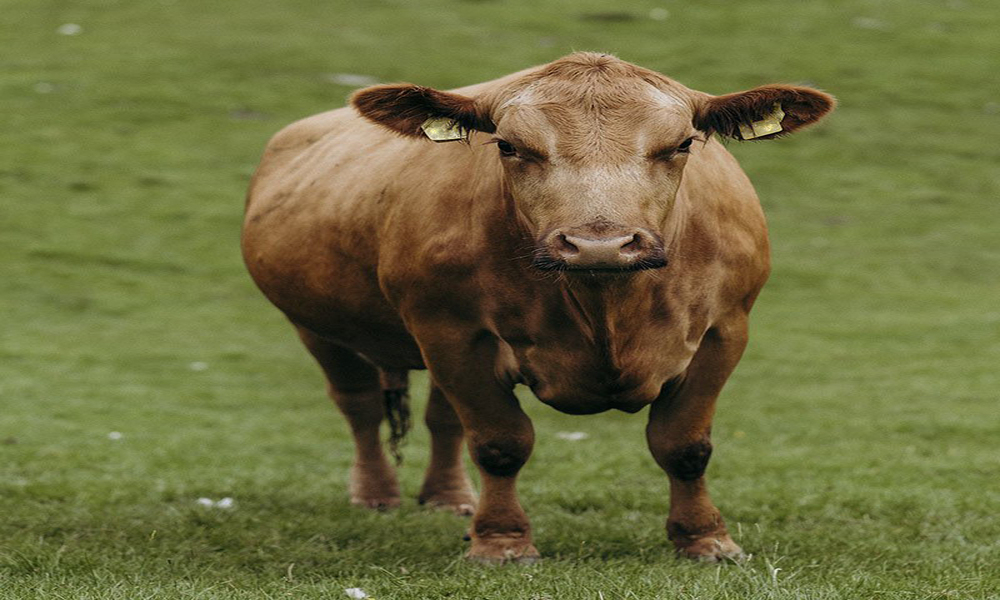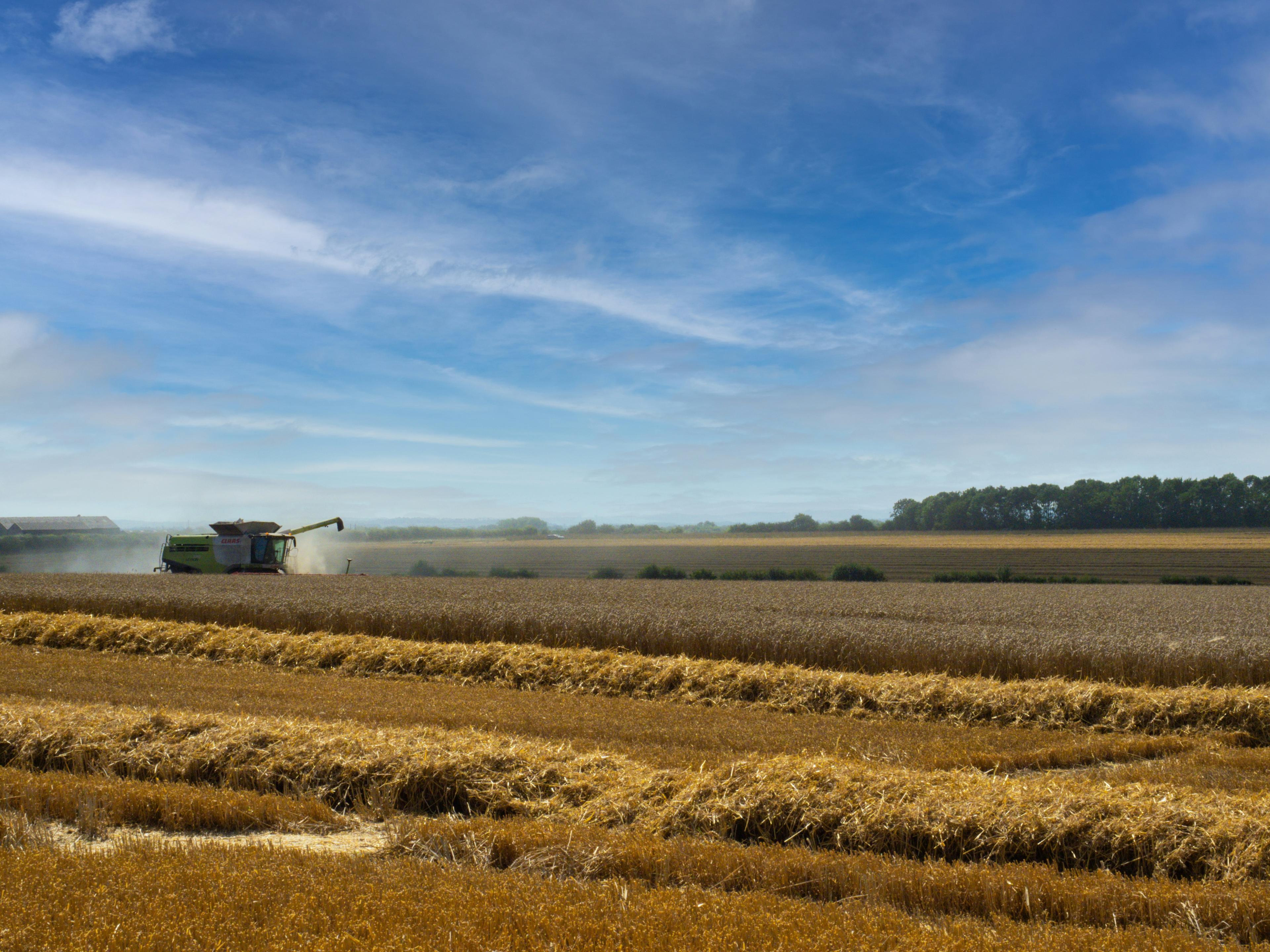In this month’s Inside Track, I’ll be talking about how collaboration across supply chains is the way to more profitable and sustainable farming.
Feeding the planet versus protecting it
Let’s talk about fertilisers. They have a really strong role to play in feeding the planet and without them, two-fifths of us wouldn’t be here. There’s a real need for farmers to use them correctly in terms of achieving better nutrient use efficiency, and for the producers of fertiliser, they have an even bigger challenge. Fertiliser manufacturers produce a product that is hugely fossil fuel intensive, so they need to think about how they are going to reduce their carbon footprint.
Change is happening, with fertiliser companies producing organomineral fertilisers and green ammonia alongside reductions in on farm use as precision farming and data drives nutrient use efficiency. However, I think that tackling climate change is such a complex issue that to make a proper impact in the timescales in which we need to operate, there must be deeper collaboration across supply chains.
Why collaboration will drive more sustainable farming
With more collaboration between businesses in the supply chain, there could be better understanding and measuring of the impacts of the carbon contribution of products that come off farms and enter the food chain.
There could also be collaboration with other businesses on waste repurposing to produce, for example, organomineral fertiliser, which from a circular economy perspective is a far more sustainable place to be. Alongside a more regenerative approach this would also begin to address the need to rebuild soil fertility.
The much-needed move to regenerative farming
Building soil health is an important goal of sustainable farming practices, which we often see referred to as regenerative farming. Put simply, regenerative farming means less inputs and improving soil health to deliver similar outputs.
Sustainable food production is not just about efficiency, it’s about nature enhancement, clean air and water and rebuilding biodiversity within the context of producing food, a complex mix of sometimes conflicting outcomes.
The professionalisation of farming
In my working lifetime, I’ve seen farming professionalise, mainly because of legislation and through the retailers constant drive for traceability, food safety, and animal welfare. Then there are the recent shocks to global trade – the pandemic and the war in Ukraine that have had a huge impact on farming. Together, these have forced farmers to become more efficient.
Many farmers now readily adopt practices such as soil testing to better understand the nutrient values that exist within their soils. They know that this will impact efficiency, saving money, and reducing their impact on the climate, alongside improving soil, air, and water quality,
Collaboration is the way forward for the Ag sector
I would like to see far more collaboration happening across our supply chains, building robust supply chains that share information. Sharing information isn’t giving away the family silver, it drives efficiency and productivity whilst providing the opportunity to tackle the big issues, which companies alone cannot do.
Comparing yourself to others and sharing data drives better decisions and that could be transformational in the agricultural sector. Agriculture is facing huge challenges and exciting opportunities but we have to work together to succeed.





